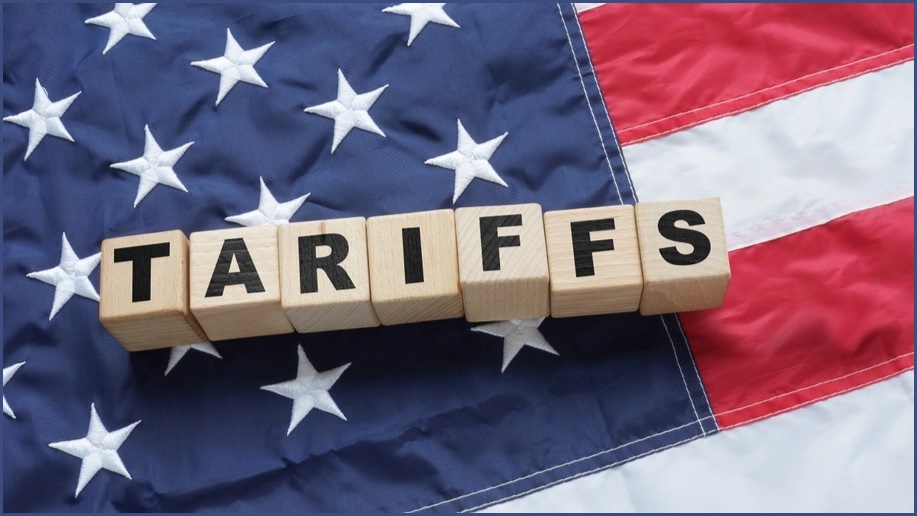The US government has threatened to take retaliatory action against any country imposing a “fine, penalty, tax or other burden” on American companies, namely Big Tech.
Australian reforms including the introduction of a digital duty of care and efforts to force tech companies to enter revenue-sharing deals with local media firms have been put on hold after President Trump threatened tariffs and other measures on countries that impose “unfair fines and penalties” on American tech companies.
In an executive order published over the weekend, Trump criticised the “one-sided, anti-competitive policies and practices of foreign governments” in their treatment of large tech firms.
“Instead of empowering their own workers and economies, foreign governments have increasingly exerted extraterritorial authority over American companies, particularly in the technology sector, hindering these companies’ success and appropriating revenues that should contribute to our nation’s wellbeing, not theirs,” the executive order said.
The order also pointed to “regulations governing digital services that are more burdensome and restrictive on US companies than their own domestic companies”.
“All of these measures violate American sovereignty and offshore American jobs, limit American companies’ global competitiveness, and increase American operational costs while exposing our sensitive information to potentially hostile foreign regulators,” it said.
The first paragraph of the order points out that the GDP of the US digital economy is bigger than the entire Australian economy, among others.
The order states that if any foreign government introduces a “fine, penalty, tax or other burden that is discriminatory, disproportionate or designed to transfer significant funds or intellectual property from American companies to the foreign government” the US government will impose tariffs and take “other responsive actions necessary to mitigate the harm to the US and to repair any resulting imbalance”.
‘Pandering to the tech bullies’
Many planned Big Tech reforms by the federal government would likely fall foul of this order and could result in the US adopting tariffs and other retaliatory actions against Australia.
The federal government has paused plans to introduce a duty of care for social media platforms and to revamp the Morrison-era News Media Bargaining Code in the face of this threat.
Greens communications spokesperson Sarah Hanson-Young criticised this backdown and called on the government to not “cower to the bully-boy tactics” of Trump.
“Big tech corporations need to pay their fair share of tax in Australia, and for the journalism they profit from,” Hanson-Young said.
“Pandering to the tech bullies won’t serve Australia’s interests or ensure public interest journalism is protected.
“These big tech giants will never do the right thing by their users, journalists or the community unless they are forced to.
“Donald Trump is not our president and his extreme tech oligarchy should not dictate Australian policies or regulation.”
Big tech crackdown on hold
The Labor government late last year announced plans to impose a duty of care which would place the onus on big tech firms to keep their users safe.
This would involve the companies taking “reasonable steps” to prevent foreseeable harm occurring on their platforms, such as by conducting risk assessments, risk mitigations, and the implementation of safety-by-design principles.
This will now not be introduced until at least after the upcoming federal election, and Labor is yet to decide whether it will impose accompanying significant fines for companies that breach this duty of care, as recommended by a review into the Online Safety Act.
The government was also planning on strengthening the existing media bargaining code to force social media firms to enter into revenue-sharing deals with local media firms or face major financial “charges”, even if they remove news entirely.
This plan has also been put on hold following the election win of Trump and his tariff threats.
The Australian government unveiled a number of other big tech reforms last year, including a ban on those aged 16 and under from using social media platforms, which is slated to come into effect later this year.










